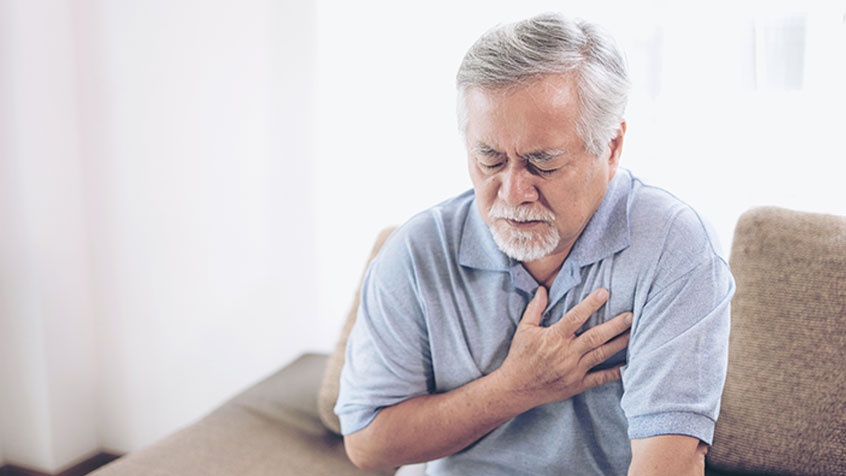Heart attacks are known to be the prime cause of maximum deaths that occur not just in India but globally. While it is completely understandable that any symptom of a heart attack can cause anxiety to the patient and his family in general to no end, there is still a way to minimise the damage. Displaying presence of mind can help you reignite your hopes of survival till you get to the nearest hospital.
This article explores steps which you can take to recognize, seek help in case of heart attack, from the initial identity of its symptoms.
Identifying the signs of a heart attack
A heart attack or a myocardial infarction is a medical condition that can happen without any prior notice. Being a potentially life-threatening condition, it is essential to stay alert at all times and identify any symptom that can signal a possible heart attack.
Possible Symptoms
The symptom of a heart attack can range from being mild to severe. Quick action is extremely crucial to improve sighns of survival.
Notable symptoms include:
- Chest pain
- Excessive sweat
- Pressure or tightness in the chest
- Pain that radiates into the neck, back, jaw and shoulder arm
- Dizziness
- Shortness of breath
- Nausea and vomiting
Recognising these signs can help manage the situation effectively.
First Aid Tips for Stopping a Heart Attack
- The first and foremost activity when suspecting a heart attack is to get in touch with your nearest hospital with emergency care.
- While you do that it is critical to ensure that the patient stays calm and does not get agitated.
- Help the patient relax by making him rest in a comfortable position so that there is no stress on the heart.
- Keep an emergency drug like aspirin ready so that it can be immediately given to the patient during this critical hour.
- It may not stop the heart attack but reduce its severity and impact till the patient reaches emergency care.
- Chewable life saving drug is the most preferred in these cases.
- Do not feed the patient with either water or food during this hour as it might complicate the situation.
- Seek help from neighbours and friends in the vicinity to help calm down the patient.
While every moment is crucial the initial 30 seconds to a minute is extremely crucial and your swift and smart move can save the patient’s life.While medical emergencies are of various types, there is nothing more stressful and demanding as a heart attack. You can do a great job by acting swiftly as soon as the patient complains about a chest pain and breathlessness. To know more, visit us at Suguna Hospital and meet out distinguished team of heart specialists in Bangalore. Do not panic and stay calm.
 24x7 Helpline 080 4019 4444
24x7 Helpline 080 4019 4444

